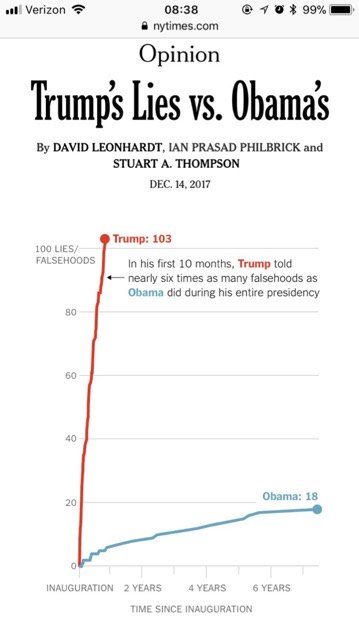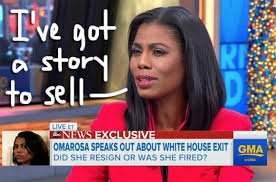For me that regulated capitalism is as close to theoretical socialism as any state is going to get, in the simple sense that redistribution is taking place through non-market forces on a significant scale. I get that it doesn't amount to true public ownership, but I'm not aware of any state on the planet that really has a large-scale public ownership economy.
Seems to me one of the fundamental maxims of economics is that people will find a way to compete no matter how much institutions try to prevent it (see the large-scale presence of black markets in the Soviet Union), so sensible regulation and redistribution measures are what we should aim for.
I think all of that is true enough, and certainly as you point out that even in the most totalitarian of regimes where the state does literally own the means of production, there are still black marked economies. Even North Korea has one.
It's worth noting, however, that in order for a highly regulated economy to work effectively it must be
well regulated, and part of this means that the government doing the regulating should be mostly
free from corruption. This is part of the reason the "Scandinavian model" seems to work so well...those countries, at least in terms of perception, are among the least corrupt. Conversely, the government managed economy in the Soviet Union (and almost every genuinely Socialist country) was highly corrupt, to disastrous results.
Then there's the reality that in a country where large corporations and private interests wield great influence with legislators, via lobbyists, financial support, etc., economic regulations themselves can be compromised and tailored to favour certain businesses and industries. This creates a defacto partnership between companies subject to regulation and those doing the regulating. If that relationship is compromised, or corrupt, then the system itself is compromised.
So how does a highly regulated economy work in the United States (and let's remember, the US in many ways does have a very regulated economy already), where large special interests yield outsized power with regulators? Would you be OK with state run economy if Republicans were the ones running it?
You only have to look no further than the recent vote on Net Neutrality to get at least part of your answer.



